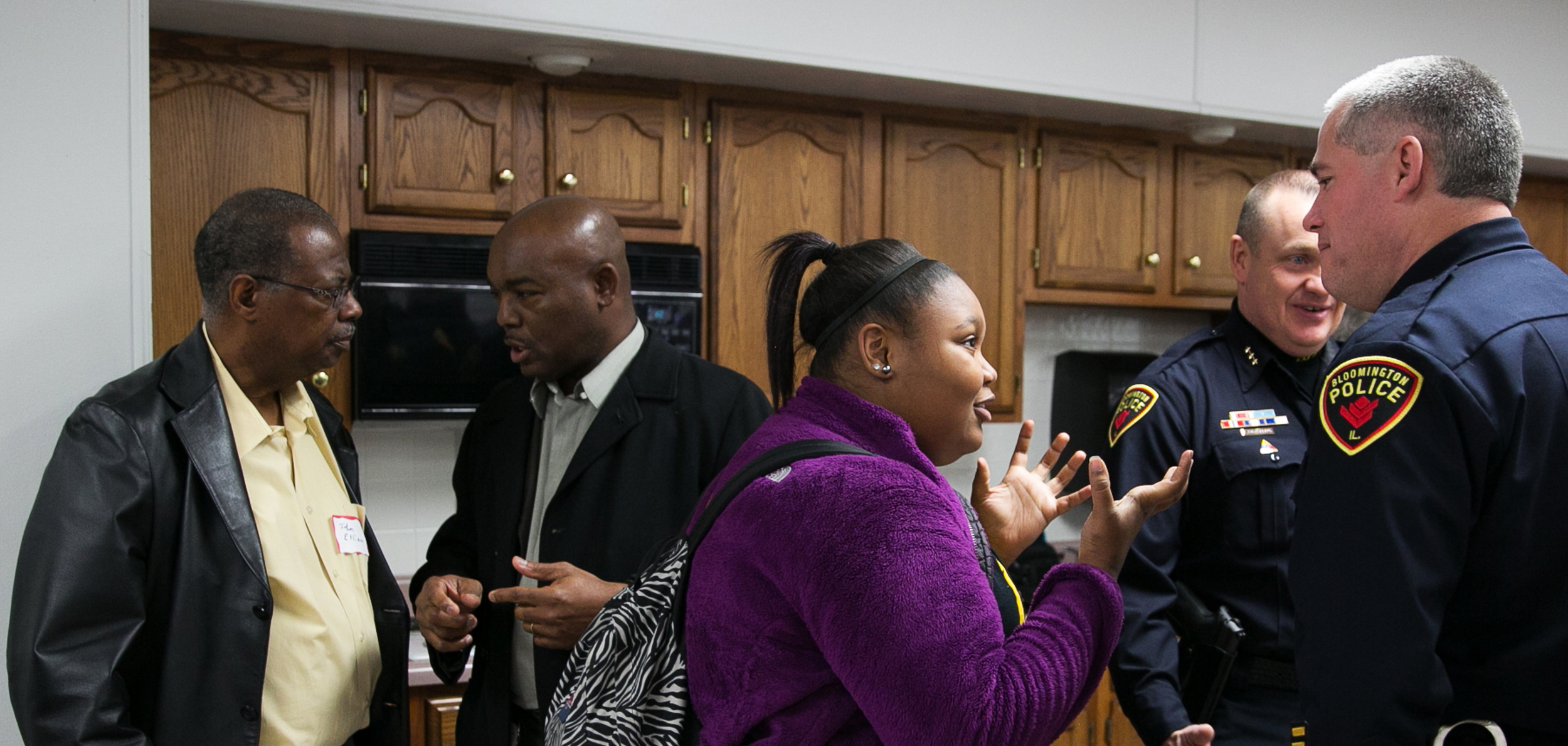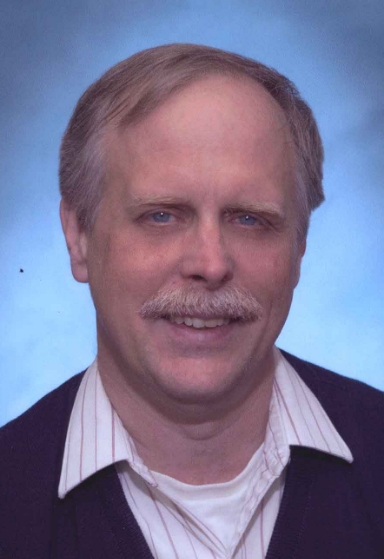Mike Matejka
WJBC Commentary
On Saturday, March 24, there (was) a march in downtown Bloomington against gun violence. The main organizers and adherents of this event are area high school students, propelled and frightened by school shootings.
As I’ve followed these young people in the local media and having met a few, I’ve been totally impressed, not only by their passion, but also by their thoughtfulness and reason. Guns are not an easy issue, yet it seems these high school students should be a model for us all. They don’t all share a uniform viewpoint. At the same time, they’ve been able to respectfully listen and dialogue on a difficult issue that’s divided the nation for generations.
This may be presumption, but I’ve considered them Obama’s children. Our current high school students were born during George W. Bush’s presidency. They came of age during Barack Obama’s two terms. Reflecting their classroom’s diversity, they saw a multi-racial President with a multi-hued administration. They also witnessed a passionate leader projecting a calm and reasoned presence.
Racial, gender and ethnic tensions still live in school hallways, just as they are in our society. Our younger generation does not simply accept these, but instead they actively dialogue.
My contact with them is through the Not In Our Schools program. A very diverse group meets regularly in our junior and senior high schools. They talk about what they witness; they reach out to students who might be marginalized or bullied. They talk to their teachers and school administrators, sharing concerns that might run beneath the surface. Most impressive, they’ve decided they will not be by-standers, but “up-standers,” speaking up when other students are not treated with consideration and equality.
Watch their Saturday march, join them if you can. You’ll see that youthful energy, tempered by thoughtfulness. If we older Americans can support our youth, we’ll be building a firm foundation for the future. We don’t have to agree with all their stances, but we should take every opportunity to encourage their debate and their welcoming spirits. They are a breath of fresh air in our current politics, which attempts to score points against the opposition on issues, rather than grappling with those concerns carefully and moving our nation forward.
Mike Matejka is the Governmental Affairs director for the Great Plains Laborers District Council, covering 11,000 union Laborers in northern Illinois, Iowa, Nebraska and South Dakota. He lives in Normal. He served on the Bloomington City Council for 18 years, is a past president of the McLean County Historical Society and Vice-President of the Illinois Labor History Society.




